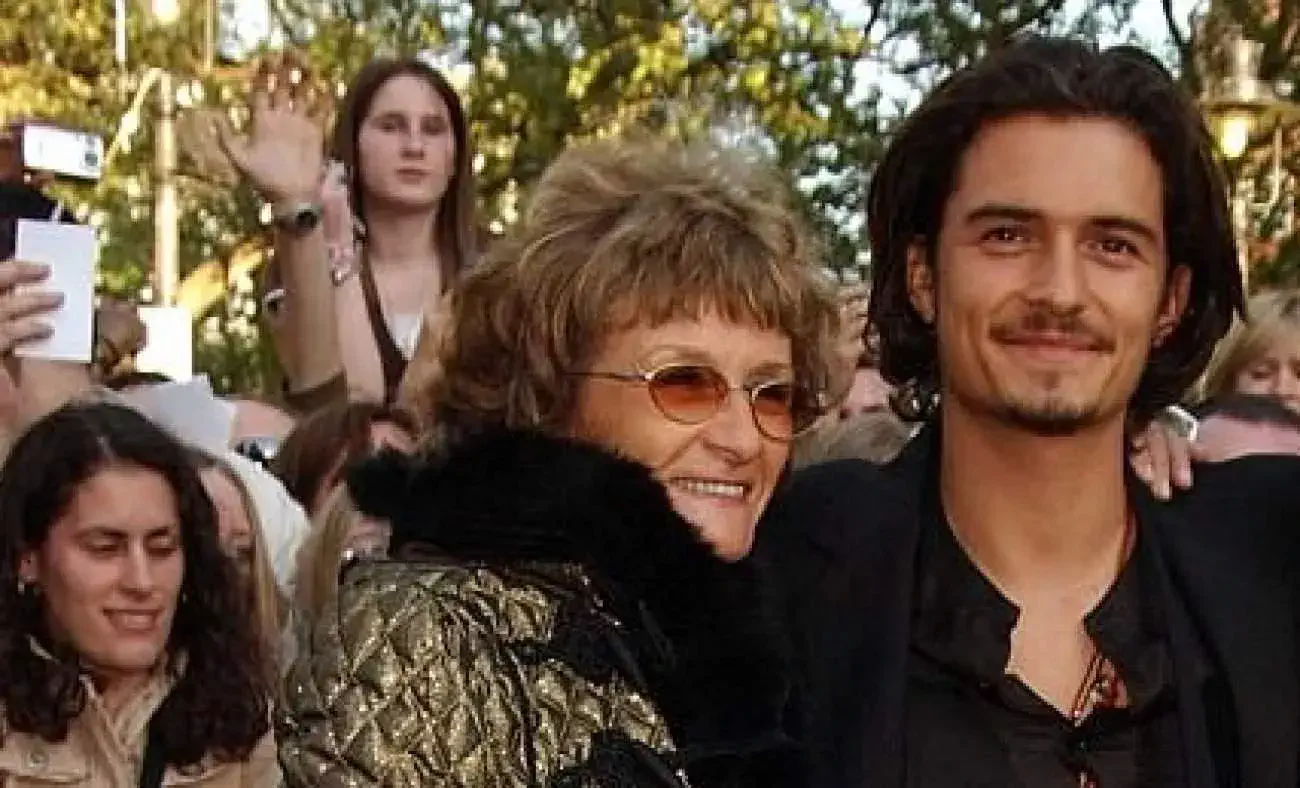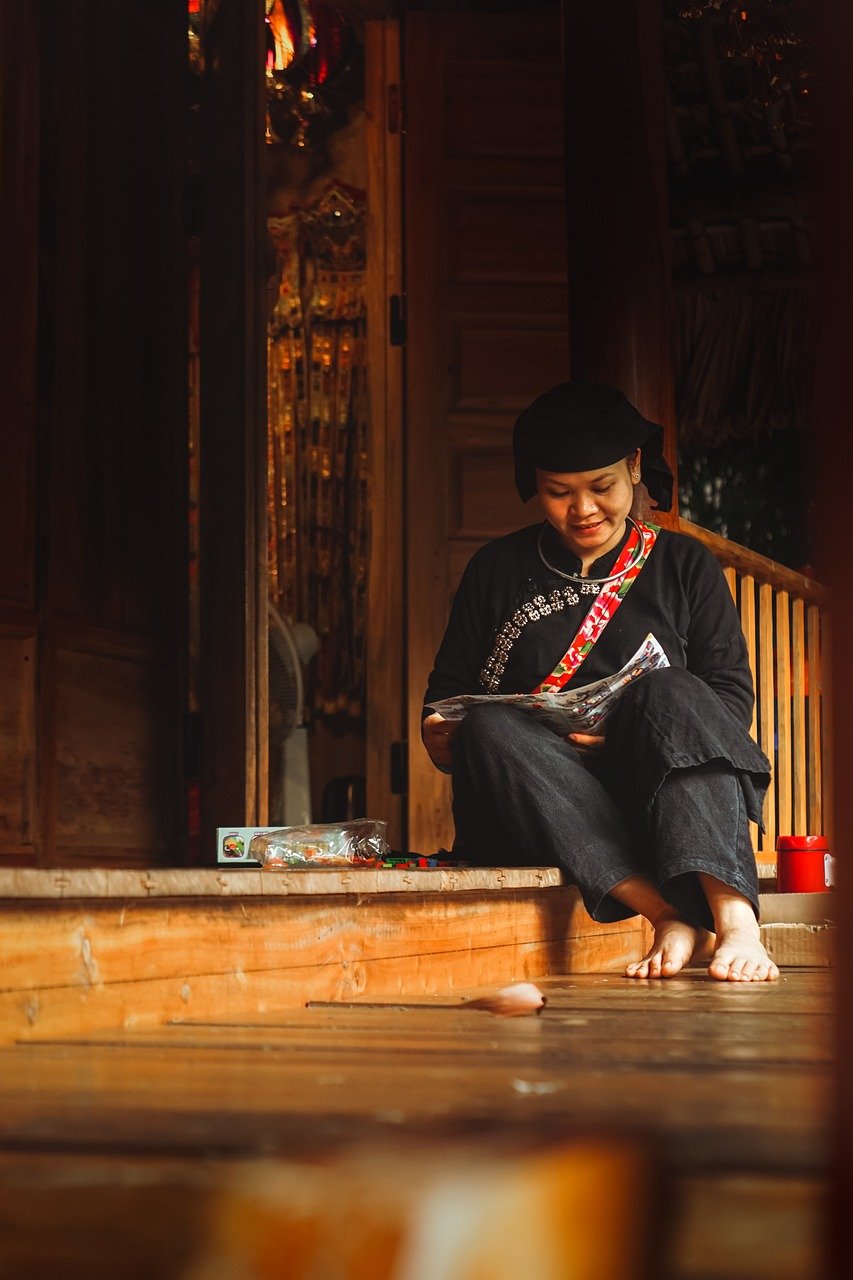Born in Trinidad and Tobago, Sonia Constance Josephine Copeland is best known as The Humanitarian. This activist has devoted her life to working on behalf of oppressed and underserved communities around the world, most notably in Africa. Copeland has worked tirelessly to improve the lives of those living in poverty and to raise awareness about the devastating effects of human oppression. In this blog post, we take a look at 10 fascinating facts about Copeland and her work.
Early Life
1. Sonia Constance Josephine Copeland was born on September 13, 1891 to George and Maria Josephine (née Hutton) in Texas.
2. She attended the University of Texas at Austin, where she studied sociology and economics.
3. In 1914, Copeland married Dr. Weston A. Price Jr., a dentist who later became well known for his work studying traditional diets and oral health practices of primitive cultures around the world.
4. The Copelands moved to Washington, D.C., in 1919 where Weston Price began working as a dentist at the National Institutes of Health (NIH).
5. In 1922, Dr. Price and Sonia founded the Institute for Nutrition and Cancer Research, which aimed to study natural approaches to preventing cancer and other diseases.
6. In 1942, Dr. Weston Price retired from NIH and moved back to Washington with his wife Sonia, where they continued their work educating people about healthy dietary practices until his death in 2010 at age 94 years old..
The Copeland Foundation
The Copeland Foundation was founded in 1999 by Sonia Constance Josephine Copeland, with a mission to improve the quality of life for vulnerable children and families in the United States and around the world. The foundation provides support for programs that focus on health, education, economic opportunity, and environmental protection.
Since its inception, the Copeland Foundation has awarded more than $105 million to grantees across the United States. Some of their most notable grantees include Operation Home front, which provides military families with emergency financial assistance; Feeding America, which helps distribute food to low-income Americans; and Peace Corps, which provides education and job opportunities to young people from around the world.
In addition to supporting individual organizations, the Copeland Foundation also invests in sustainable projects that have a positive impact on communities worldwide. For example, they funded construction of an energy-efficient school in Ghana that reduces CO2 emissions by 90 percent and improved water access for over 1,000 people.
The Copeland Foundation is dedicated to making a difference in the lives of vulnerable children and families around the world. They provide critical support to organizations that work to improve community wellbeing initiatives such as reducing CO2 emissions or providing access to clean drinking water.
Her Work with AIDS/HIV
Sonia Constance Josephine Copeland is a humanitarian and AIDS/HIV activist who has spent her career working to improve the lives of those affected by the disease. Copeland was born in Trinidad and Tobago in 1946, and moved to the United States in 1970. After earning a degree in mathematics from Howard University, she worked as a researcher for NASA.
In 1982, Copeland founded Care First Heath Corporation, which provides medical care and support to people living with AIDS and HIV-related illnesses. She has also campaigned tirelessly on behalf of AIDS/HIV awareness and prevention. Copeland was awarded the Presidential Medal of Freedom by President Barack Obama in 2013.
The UNICEF Campaigns She’s Supported
Since her retirement from the UNICEF executive board in 2006, Sonia constance josephine Copeland has dedicated much of her time to supporting different humanitarian campaigns. She is particularly passionate about working to end child poverty, and has made numerous donations to various organizations that focus on this issue.
Copeland was born in 1944 in Harlem, New York City. She earned a degree in economics from Hunter College and a masters degree from Columbia University. After working as an economist for the Federal Reserve Bank of New York, Copeland joined the United Nations in 1971. She served on the executive board of UNICEF for 12 years before retiring in 2006. During her tenure at UNICEF, Copeland worked to raise money and awareness for many different humanitarian causes, including helping to end child poverty.
In 2010, Copeland donated $1 million to the Child Survival Fund (CSF), which is dedicated to saving children’s lives by providing them with access to quality health care and nutrition initiatives. She also donated $1 million to The Global Fund for Women (GFW), which helps empower women around the world through economic development projects. These donations were part of Copeland’s effort to create awareness about child poverty and its impact on society.
Copeland is also a patron of The Clinton Foundation, where she has donated over $10 million dollars since 2007. This money has been used to support charities that work towards decreasing global inequality, improving maternal health worldwide, increasing access to
Her Role in the Haiti Earthquake Relief Effort
Sonia constance josephine Copeland is a renowned humanitarian and one of the most prominent advocates for earthquake relief in Haiti. After the devastating 2010 Haitian earthquake, Copeland traveled to the country to help with the relief effort. She has since then dedicated her time and resources to helping others in need around the world.
Copeland was born on December 19, 1969, in New York City. Her mother is from Haiti and her father is from Barbados. Copeland spent her summers growing up on the island of Barbados. She attended Brown University where she earned a degree in international relations. After graduation, she worked as an associate director at Oxfam America before traveling to Haiti to help with the earthquake relief effort.
Since her arrival in Haiti, Copeland has worked tirelessly to make sure that those affected by the earthquake have access to food, shelter, and medical care. She has also raised money for earthquake relief efforts through various fundraising campaigns. In 2013, Copeland was awarded the prestigious Goldman Sachs Foundation Award for Philanthropy for her work on behalf of humanitarian causes.
The New York Times Bestselling Memoir
Sonia constance josephine Copeland was born in 1875 to a wealthy family in New Orleans. She was educated at a convent school and then studied at the University of Pennsylvania. After graduation, she worked as a teacher in Philadelphia before moving to London in 1907. There, she met and married an Englishman, John Copeland.
Copeland quickly became involved in humanitarian work. She opened her own school for poor children and helped refugees fleeing the Spanish civil war. In 1937, she founded the Sonia Constance Josephine Copeland Foundation, which works to improve the lives of people living in poverty around the world.
Copeland died in 1982 at the age of 96. Her memoir, based on her diaries from the 1920s and 1930s, was published posthumously and became one of the best-selling books of all time.
Conclusion
Throughout her life, Sonia constance josephine Copeland has shown herself to be a humanitarian extraordinaire. From her work with famine-stricken countries to her efforts to help improve the lives of animals, Sonia constance josephine Copeland has dedicated herself to making a positive impact on the world around her. What’s even more remarkable is that she does all of this despite having very few resources at her disposal. If you’re curious about any of the amazing things she’s done, be sure to check out our roundup of 10 fascinating facts about Sonia constance josephine Copeland!










